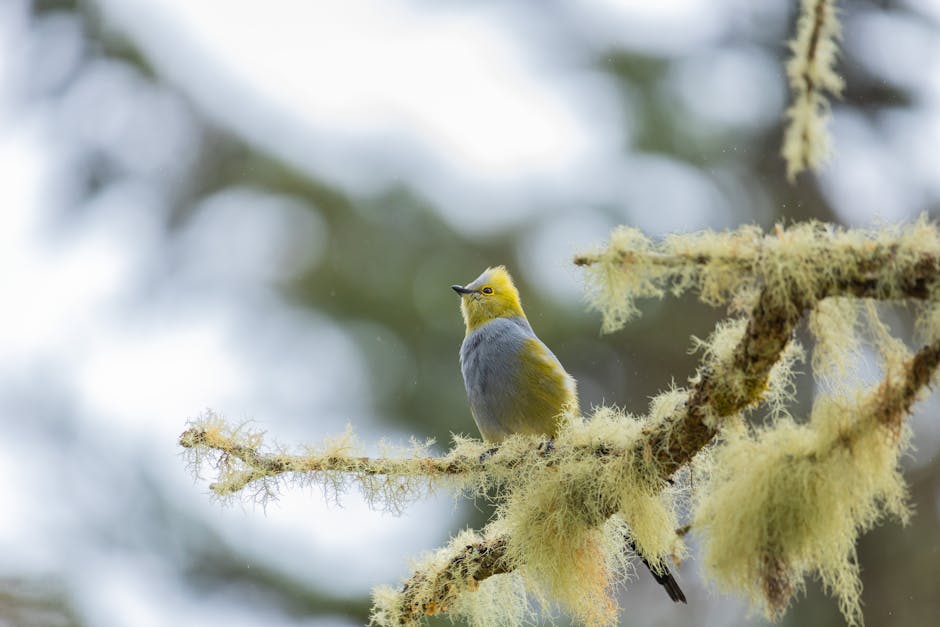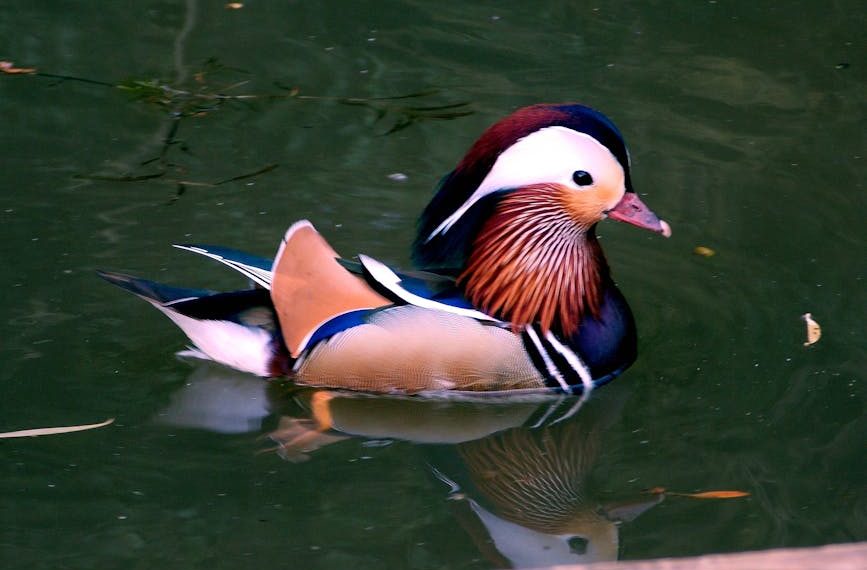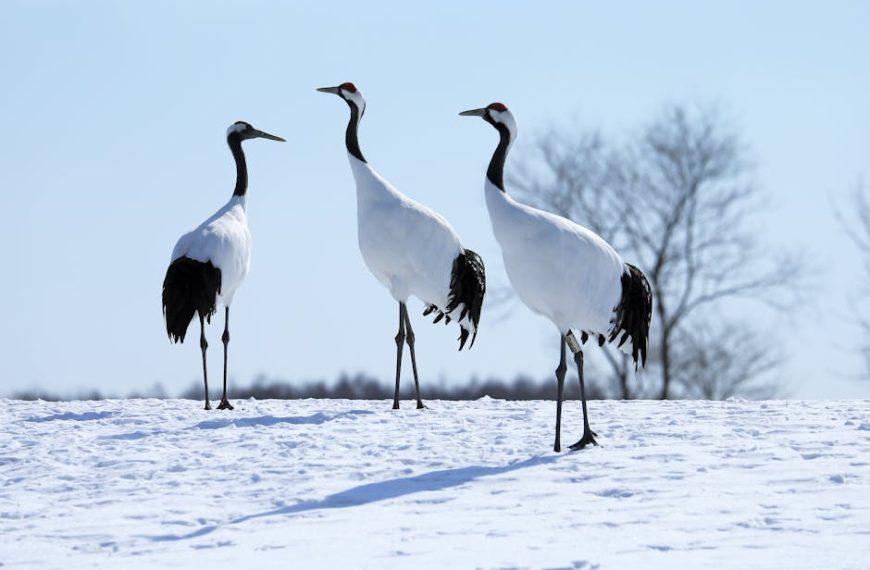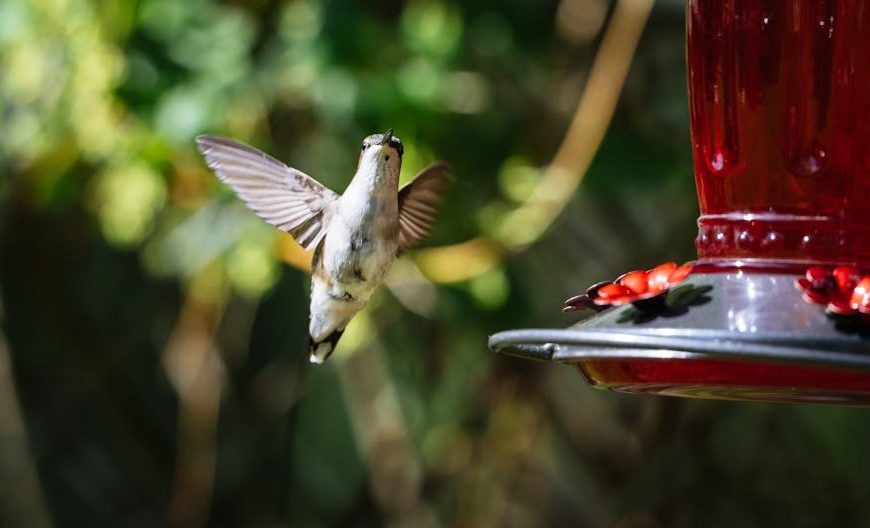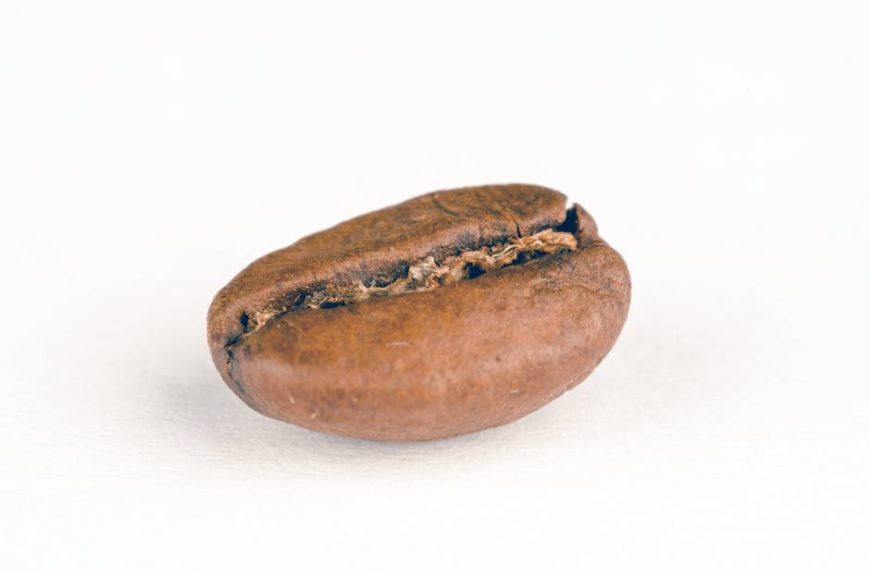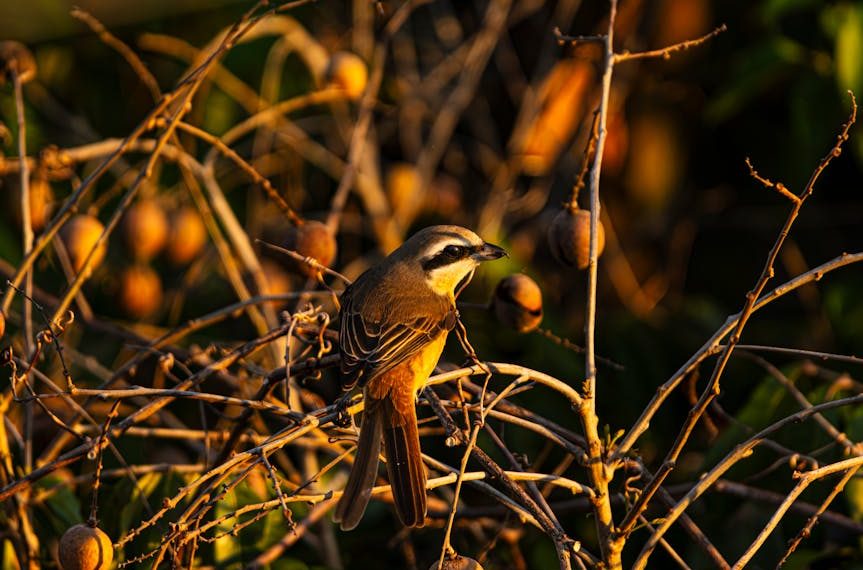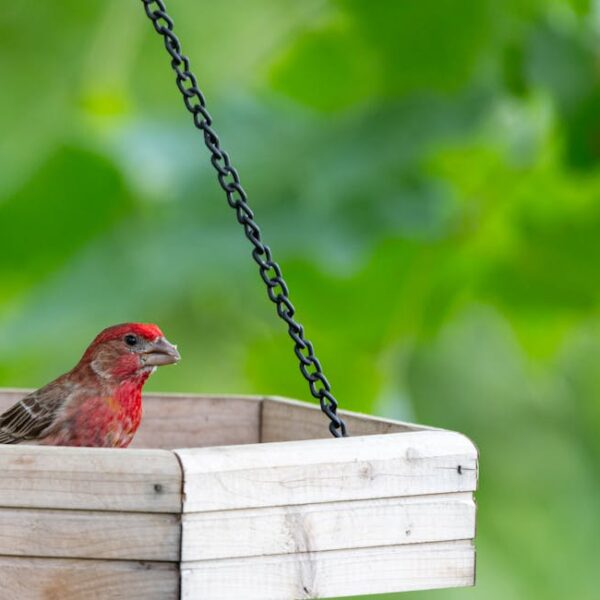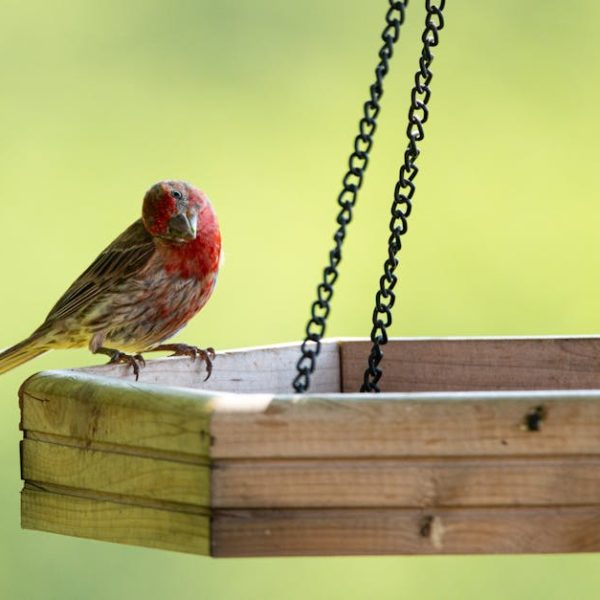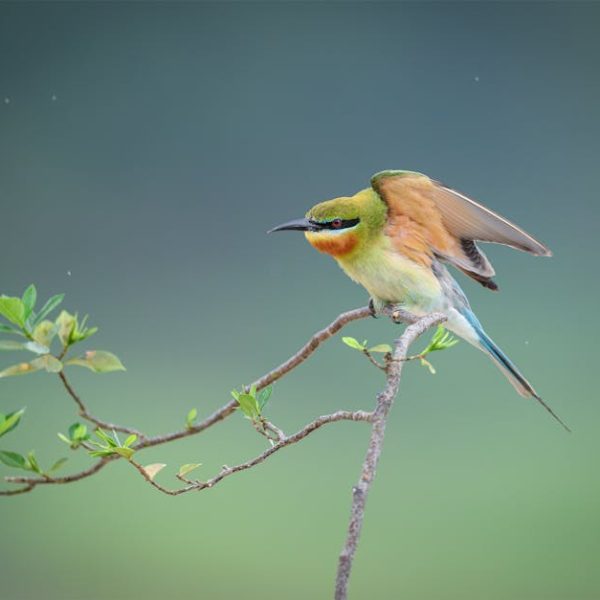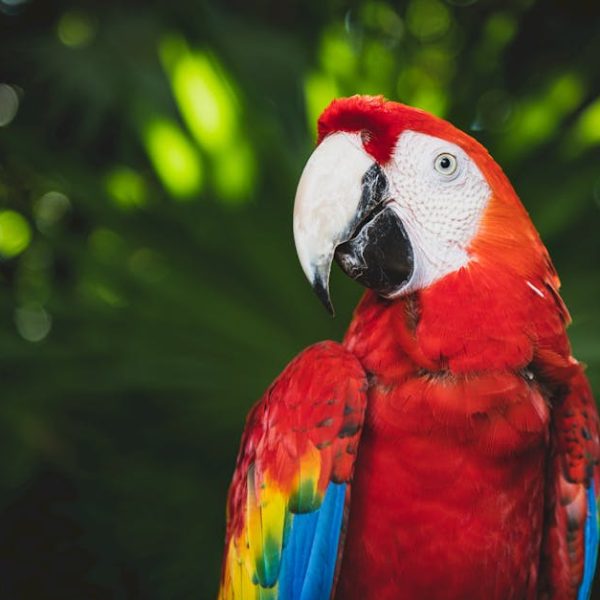Ever heard of the adage, ‘Don’t poop where you eat’? It seems Mother Nature’s feathered critters also live by this principle! Indeed, birds tend to maintain a hygienic environment around their dining and nesting spots, showcasing an innate standard of cleanliness that aids in their survival.
Natural Mechanism of Birds to Stay Clean
By instinct, birds rely on specific biological and behavioral tactics to stay clean, predominantly by showing discretion about where they relieve themselves. Contrary to what many people may believe, these creatures don’t randomly scatter their waste; there is a method to their ‘madness’. Birds consciously refrain from defecating within or near their nests and feeding areas to reduce the risk of disease and parasite transmission.
Best Practice: Why would a bird avoid contaminating areas that they frequent? Simple, survival! Most diseases and parasites in birds can spread through their feces, making cleanliness paramount. By simply not defecating where they eat or rest, they considerably lower the risk of infection.
Pro Tip:![]() Birds confined to limited spaces like cages might not have the luxury to select where they poop simply because their dining, nesting, and rest areas overlap.
Birds confined to limited spaces like cages might not have the luxury to select where they poop simply because their dining, nesting, and rest areas overlap.
Factors That Influence Where Birds Poop
Several elements factor into where birds decide to eliminate, ranging from their species, surrounding environment, to their unique behavioral patterns. For instance, migratory birds’ defecation habits differ significantly from those of residential birds because of their distinct lifestyles.
Comparison:
| Bird Type | Defecation Habit |
|---|---|
| Migratory | Eliminate on the move, rarely near nest or feeding areas |
| Residential | Establish designated ‘bathroom’ spots away from nest and feeding areas |
List: Species such as pigeons, owls, hummingbirds, and sparrows each show varied defecation behaviors relating to their diet, habitat, and lifestyle, providing fascinating insight into their unique behaviors and patterns.
In the next piece of the article, we’ll explore specific bird species and their intriguing pooping habits, showing how these habits are tied to their habitat and way of life. Each species comes with its distinct pros and cons, influencing their health and the environment in ways you’d likely never expect. Plus, we’ll dip into the knowledge bird droppings give us about bird behavior and patterns, valuable information that bird watchers and scientists alike can use for myriad purposes. Finally, for the bird owners out there, we’ll discuss how one might control these habits—compiled with effective strategies and a handy checklist maintaining cleanliness when sharing your home with a feathered friend.
Specific Bird Species and Their Pooping Habits
Just like their diverse colors, sizes, and songs, birds also exhibit an array of pooping habits. Let’s take a look at some unique habits from a few specific bird species, how these correlate with their habitats and lifestyles, and the subsequent implications.
Pros and Cons: For instance, swans, due to their predominantly aquatic lifestyles, usually defecate while swimming. This behavior has a pro of maintaining cleanliness in the areas where they sleep, eat, and nest, but the con is that frequent defecation in water bodies might increase algal blooms, potentially affecting the local aquatic ecosystem negatively.
On the other hand, birds like pigeons and gulls that are more common in urban areas may not have as many options for selective defecation because of their habitat restrictions.
List: To summarize, below are some typical pooping habits of several bird species:
- Swans – Usually poop while swimming.
- Sparrows – Often fly away from their nesting areas to poop.
- Pigeons – Less selective, can poop near food sources due to habitat restrictions.
What Bird Poop Can Tell Us About Bird Behavior
Bird poop is surprisingly insightful! It provides unique details about birds’ behavior, health, and environmental interactions. Scientists often analyze bird droppings to gain valuable data for research and conservation efforts.
Tips: If you’re an avid bird watcher, you can also decipher patterns and habits from bird poop. Consider factors like poop location, consistency, and color; these can lend insights into a bird’s diet, nesting habits, and health.
List: What can bird poop tell us? Here’s a quick rundown:
- Diet: The presence of undigested seeds might indicate a granivorous diet.
- Health: Color changes or unusual consistency can signal potential health issues.
- Habits: The poop’s location might reveal roosting or flight patterns.
Can Bird Pooping Habits Be Controlled?
If you are a bird owner, understanding your feathered pet’s pooping habits—and whether you can influence them—can make a significant difference in maintaining cleanliness and health.
Tips: Consider these methods to manage and control bird pooping habits:
- Stick to a regular feeding schedule: Birds often poop after eating, so this can make their pooping habits predictable.
- Training: Gradually guide your bird to a preferred ‘bathroom spot’ for defecation. Patience and consistency are key.
Checklist:
- Maintain a regular feeding schedule.
- Gradually train your bird to poop in a specific spot.
- Regularly clean and disinfect the bird’s living space.
- Regularly check the poop for any irregularities to maintain health vigilance.
Remember, each bird species will have distinct habits and needs. Being aware of and respectful towards this is an important aspect of looking after our feathered friends.
Key Takeaway:
- Birds have natural biological and behavioral mechanisms that drive them to maintain cleanliness, often by avoiding defecating near their nests or feeding areas, serving to reduce disease and parasite transmission.
- Factors such as species, environment, and individual behavioral patterns can influence where a bird chooses to eliminate.
- Different species exhibit distinct pooping habits. For instance, swans typically defecate while in the water, whereas pigeons, commonly found in urban areas, show less selectivity in their defecation patterns due to habitat limitations.
- Bird poop can offer insights into birds’ behavior, diet, health and ecological patterns, and can be studied by scientists and bird watchers alike.
- Bird owners and breeders can influence birds’ pooping habits through strategies such as regular feeding schedules and training.
The marvelous creatures of the avian world quietly teach us the importance of cleanliness in nature. Recognizing and understanding their pooping habits not only offers fascinating insights into their behavior and biology but also serves as a sensible guide for maintaining cleanliness in our surroundings.
FAQs
Q: How soon after eating do birds typically poop?
A: It varies among species, but most birds tend to poop shortly after eating, making their pooping habits somewhat predictable when on a consistent feeding schedule.
Q: Can bird poop tell us about their diet?
A: Absolutely! The presence of certain elements like undigested seeds could indicate a primarily seed-eating diet, while other consistencies and colors may signal specific dietary habits.
Q: Is it harmful for birds to defecate near their food sources or nests?
A: Yes, it could potentially increase the risk of disease and parasite transmission, which is why many birds inherently avoid doing so to stay healthy.
Q: Is it possible to toilet train pet birds?
A: With patience and consistency, birds can be gradually guided to defecate in a specific spot, thus making cleaning and maintenance easier for bird owners.
Q: Could changes to a bird’s poop indicate health issues?
A: Yes, changes in color, consistency, or frequency could signal potential health problems and warrant a check-up with a vet.
If you found this article insightful, feel free to share it and explore more posts on our site to feed your fascination with the captivating world of birds.
